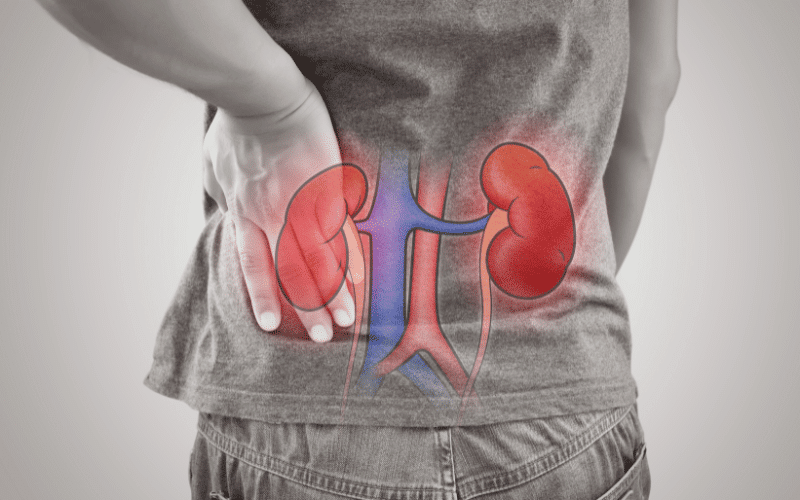Problem 4: Glomerulonephritis

Glomerulonephritis is an inflammation of the glomeruli, which are tiny filtering units within the kidneys. This inflammation can impair the kidneys’ ability to filter waste products and excess fluids from the blood, leading to a buildup of these substances in the body.
Glomerulonephritis can be caused by various factors, including infections, autoimmune disorders, and certain medications. In some cases, the cause of the inflammation may be unknown. There are two primary forms of glomerulonephritis: acute and chronic. Acute glomerulonephritis often develops suddenly, while chronic glomerulonephritis develops gradually over time.
Symptoms of glomerulonephritis may include:
• Swelling in the legs, ankles, or feet
• Dark or foamy urine
• High blood pressure
• Fatigue and weakness
• Loss of appetite and weight loss
Treatment for glomerulonephritis depends on the underlying cause and the severity of the condition. In some cases, treatment may involve medications to manage inflammation, such as corticosteroids, or medications to suppress the immune system. In more severe cases, dialysis or a kidney transplant may be necessary. (4)
